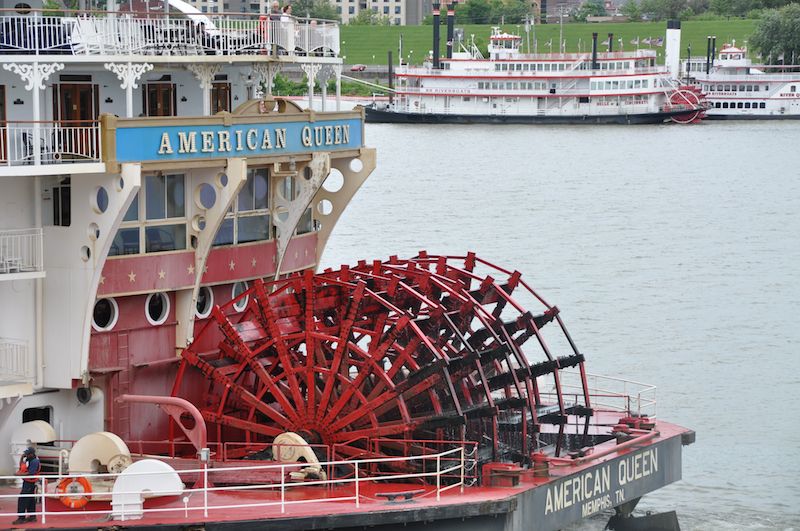The Passenger Vessel Association has joined other maritime trade groups in asking the Coast Guard for regulatory relief on a variety of specific issues ranging from flares to Transportation Worker Identification Credential (TWIC) readers.
PVA's comments submitted to the Coast Guard came in response to the Trump administration's directive that executive branch agencies review regulations that could be repealed, modified or replaced.
Passenger operators say their “experience is that regulation unacceptably lags behind technology development and innovation.” Case in point: Flares, which “have become an unnecessary expense and a potential danger beyond their benefit,” PVA said, seeking to eliminate the requirement on inland waters.

“The technology communication capabilities of radio, automatic identification systems (AIS), and even cell phones have overtaken the need for flares,” the group says.
The PVA favors quick approval of a pending rule to set higher damage thresholds that trigger a marine casualty report. A pending rule raises the figure to $72,000 from a $25,000 mark that dates to the 1980s. PVA wants a $100,000 minimum and a 1:4 ratio between the thresholds for a marine casualty and a serious marine incident (SMI).
That would mean $400,000 instead of the Coast Guard’s proposed $200,000 — up from $100,000 — for SMIs, which require mandatory drug and alcohol testing.
Another suggestion is to eliminate TWIC reader requirements for terminals that only handle ferries or day-cruise boats with 1,000 passengers and 20 or fewer crew, since the vessels themselves don’t need to carry the readers. Such terminals, for example, are used by Staten Island Ferry and some ferries operated by Washington State Ferries.
Coast Guard-approved security plans for large ferries and day-cruise vessels and for their terminals designate certain areas as off limits to anyone without a TWIC.
“There really is no substantive difference between the two scenarios,” PVA noted.
“One PVA ferry operator subject to the current rule reports that its facility security plan designates only the office of the facility security official (FSO) as a secure space and that only the FSO works in this office," the PVA added. "Under the current rule, there will need to be a TWIC reader installed in this space so the FSO can validate his own TWIC each time he enters his office. Who can maintain with a straight face that this is necessary for security?”




